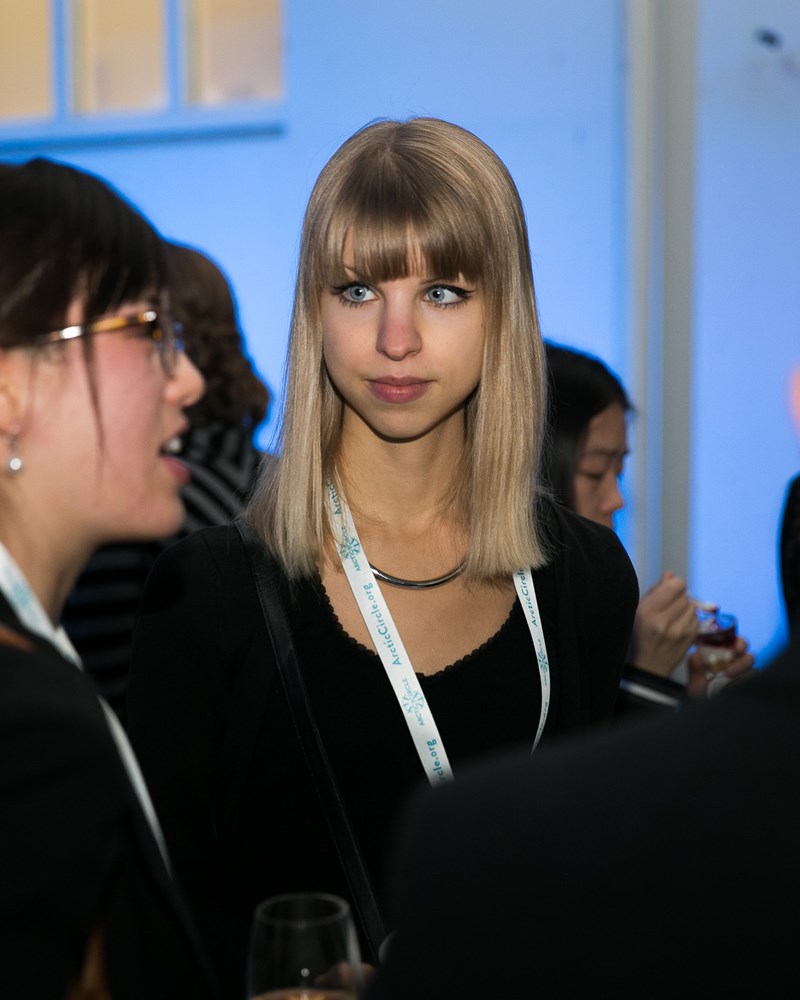Intersection Arctic: A Transdisciplinary Approach to Regional Environment Policy
Organized by: The Arctic Summer College, Ecologic Institute US, Ecologic Institute Berlin. 11. September 2017
Over the course of its six-year history, the Arctic Summer College has established a formidable network of experts in Arctic policy, governance, and research, who are influencing the broader international discourse reshaping the approach to understanding the Arctic and inspiring new voices to participate in the process of reimagining the region’s future.
This year’s breakout session highlights several of those new voices with the inaugural Arctic Summer College Yearbook, a compendium of original research from past years’ participants, as well as presentations from three distinguished 2017 Arctic Summer College Fellows, collectively articulating the diversity of Arctic research and individually addressing urban resilience in the Arctic, the financing of Arctic development, and collaborative approaches to sustainability research. A panel discussion with audience participation will follow with
Speakers:
- Divya Nawale, 2017 Arctic Summer College Fellow: How Arctic cities create climate resilience through policy and leadership
- Emily Hewitt, 2017 Arctic Summer College Fellow: Lessons learned
on traditional knowledge mapping and community-led research: Towards a Sustainable Fishery for Nunavummiut - Michael Mauer, 2017 Arctic Summer College Fellow: Arctic Development Fund: A New Funding Mechanism for the Arctic Region
Panelists:
- Arne Riedel, Director, Arctic Summer College, Ecologic Institute – Berlin
- Brendan O’Donnell, Editor, Arctic Summer College Yearbook, Ecologic Institute – Washington, DC
- R. Andreas Kraemer, Founder, Arctic Summer College
Chair:
Max Gruenig, Director, Ecologic Institute

